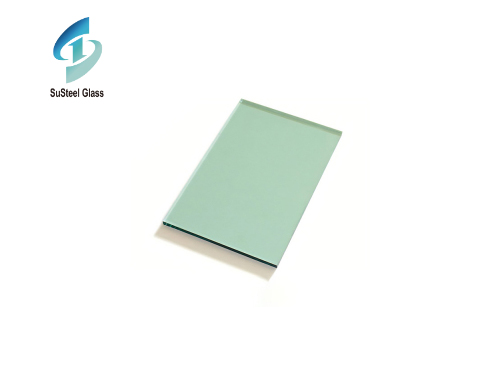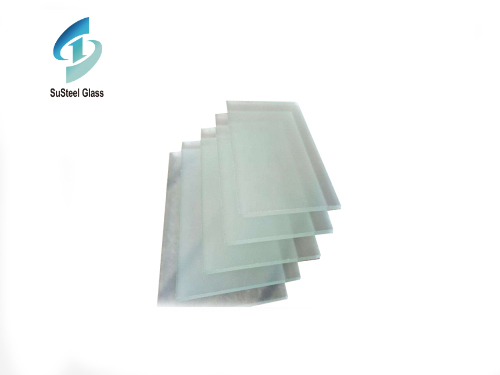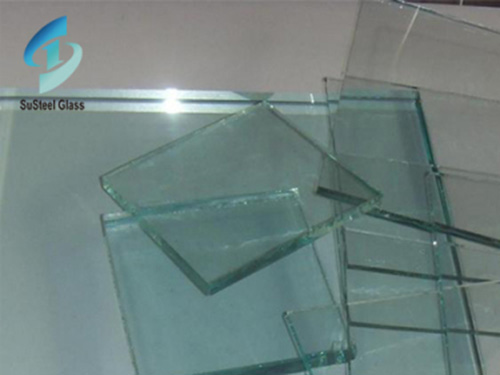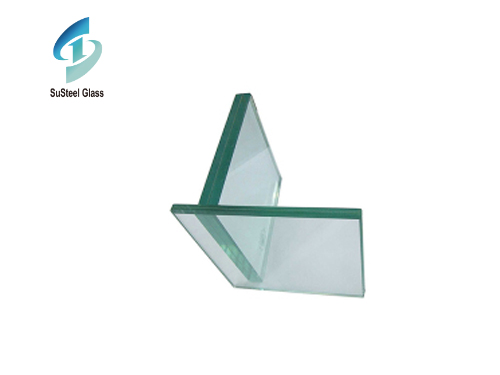
In an era marked by increasing concerns about security and safety, the development of innovative technologies to protect our homes and businesses has become paramount. Among these advancements, burglar proof glass has emerged as a reliable solution, reinforcing windows and doors against intrusion attempts.
The multi-layered construction of burglar proof glass provides exceptional resistance against forced entry. Even if the glass breaks, the interlayer holds the shattered pieces together, preventing easy access for intruders.
Burglar proof glass offers significant noise reduction benefits by absorbing sound waves. This is particularly advantageous for properties situated in busy urban areas or near noisy environments, enhancing comfort and privacy.
Most burglar proof glass incorporates UV filters, which help block harmful ultraviolet rays. This protects furniture, artwork, and other valuables from fading or damage caused by prolonged exposure to sunlight.
Traditional glass can shatter into sharp fragments, posing a significant risk of injury. Burglar proof glass, on the other hand, remains intact even when broken, minimizing the chances of harm to occupants.
Burglar proof glass finds application in various settings, including residential homes, commercial buildings, storefronts, financial institutions, and museums. Its versatility allows it to be used in windows, doors, skylights, and other vulnerable areas prone to break-ins.
When considering burglar proof glass, factors such as local safety regulations, climate, and specific security requirements should be taken into account. Consulting with a professional security provider or glass specialist is essential to ensure the appropriate type and thickness of glass is chosen for the specific application.
Burglar proof glass, which includes multiple layers of glass and strong interlayers, provides enhanced strength and resistance against forced entry. With benefits ranging from deterrence and noise reduction to UV protection and safety enhancement, burglar proof glass has become a crucial component in bolstering security measures.
 Exploring the World of Green Tinted Glass Products: Versatility and Sustainability
Exploring the World of Green Tinted Glass Products: Versatility and Sustainability
 Exploring the Versatility and Elegance of Custom Thick Glass
Exploring the Versatility and Elegance of Custom Thick Glass



